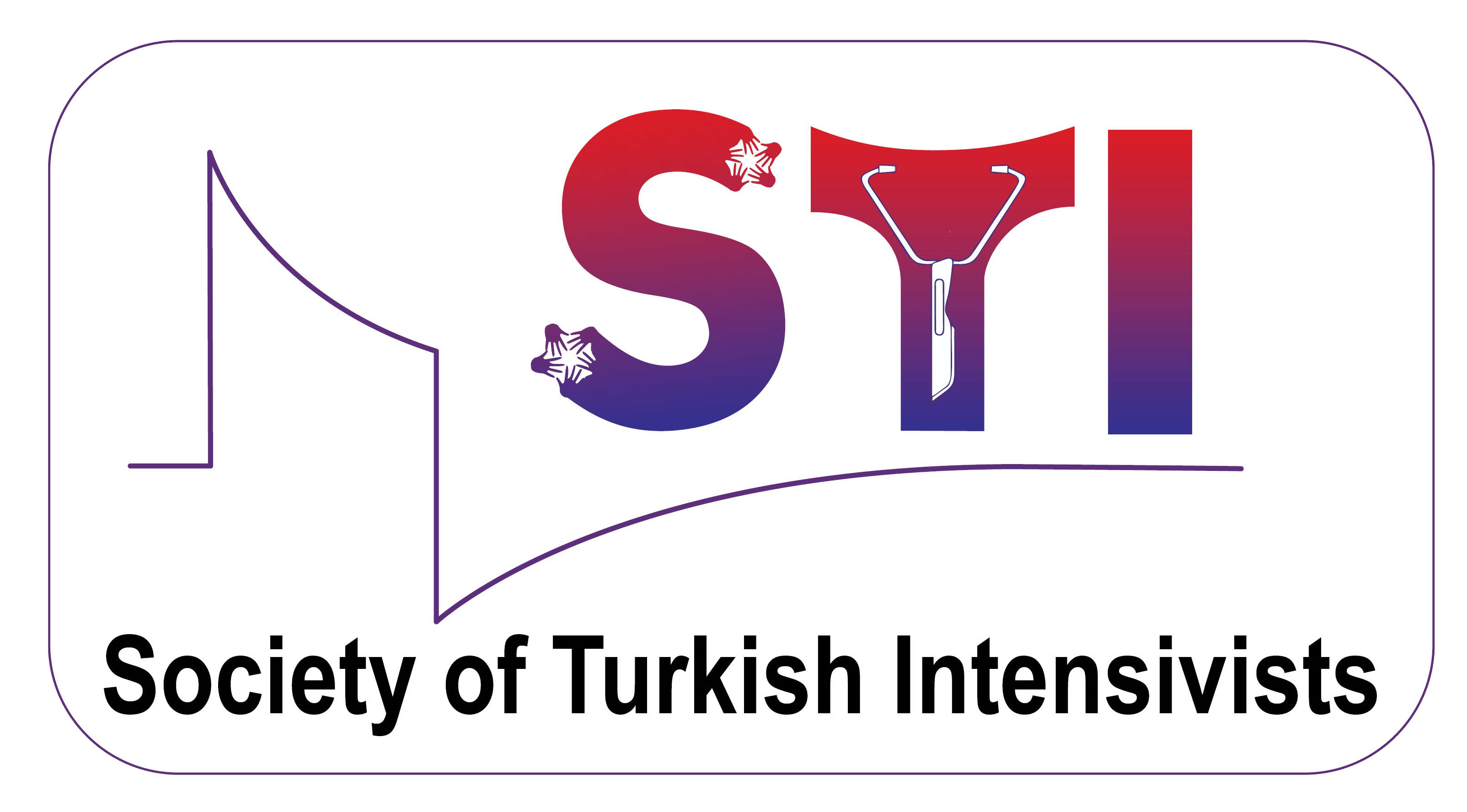2Department of Anesthesiology, Dr. Siyami Ersek Thoracic and Cardiovascular Surgery Training and Research Hospital, University of Health Sciences, İstanbul, Turkiye
3Department of Anesthesiology, Faculty of Medicine, Marmara University, İstanbul, Turkiye
Abstract
Aim: Sepsis is a condition characterized by an abnormal immune response triggered by infection, leading to high mortality rates. Matrix metalloproteinases (MMPs), known for their proteolytic activity under physiological conditions, also contribute to the inflammation resulting from the abnormal immune response observed in sepsis. This study aimed to investigate the effect of MMP-3 gene variation on the risk of developing sepsis in the Turkish population.
Study Design: We conducted a case-control study.
This study examined the E45K and T102T polymorphisms of the MMP-3 gene using polymerase chain reaction (PCR) and restriction fragment length polymorphism (RFLP) methods in 78 sepsis patients and 81 healthy controls from the Turkish population.
Results: The results revealed a significantly higher frequency of the E45K G allele (p=0.004) in sepsis patients compared to healthy controls. Additionally, an increased frequency of the E45K AA genotype was observed among healthy controls (p=0.004). Moreover, we found that having the E45K GG genotype (p<0.001) increased the risk of developing sepsis in patients with Chronic Obstructive Pulmonary Disease (COPD). Accordingly, irrespective of the presence or absence of COPD, carrying the G allele, whether homozygous or heterozygous, appears to be a risk factor for sepsis. However, no significant changes in allele frequencies or genotypes were observed for the T102T polymorphism in both groups.
Conclusions: Our primary findings indicate that carrying the E45K G allele may be associated with an increased risk of sepsis.


